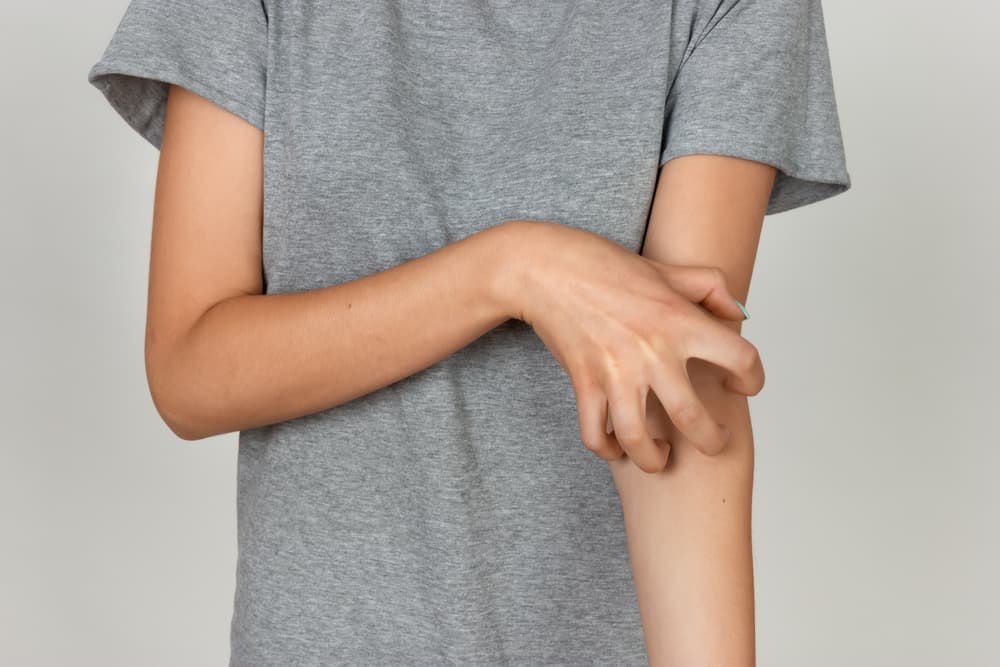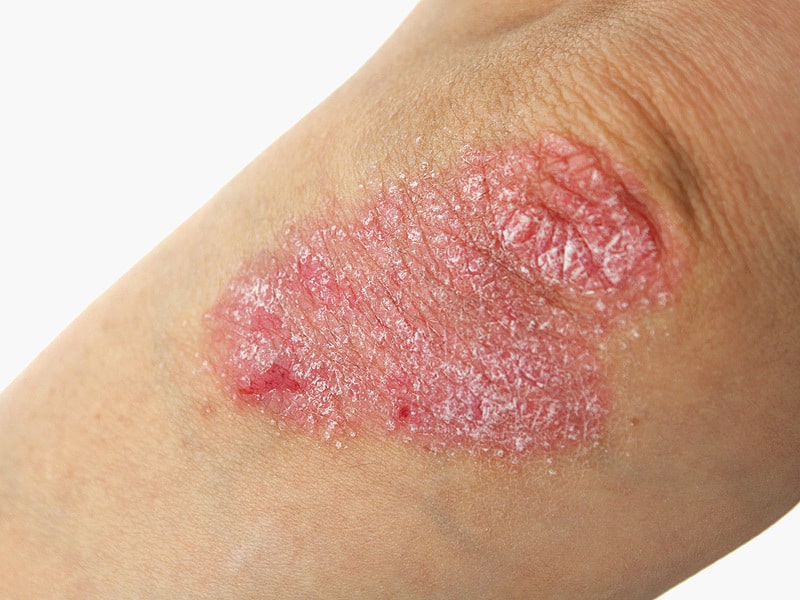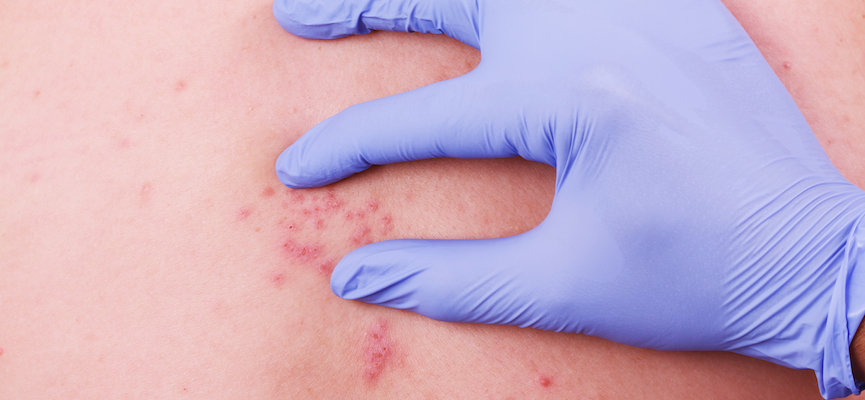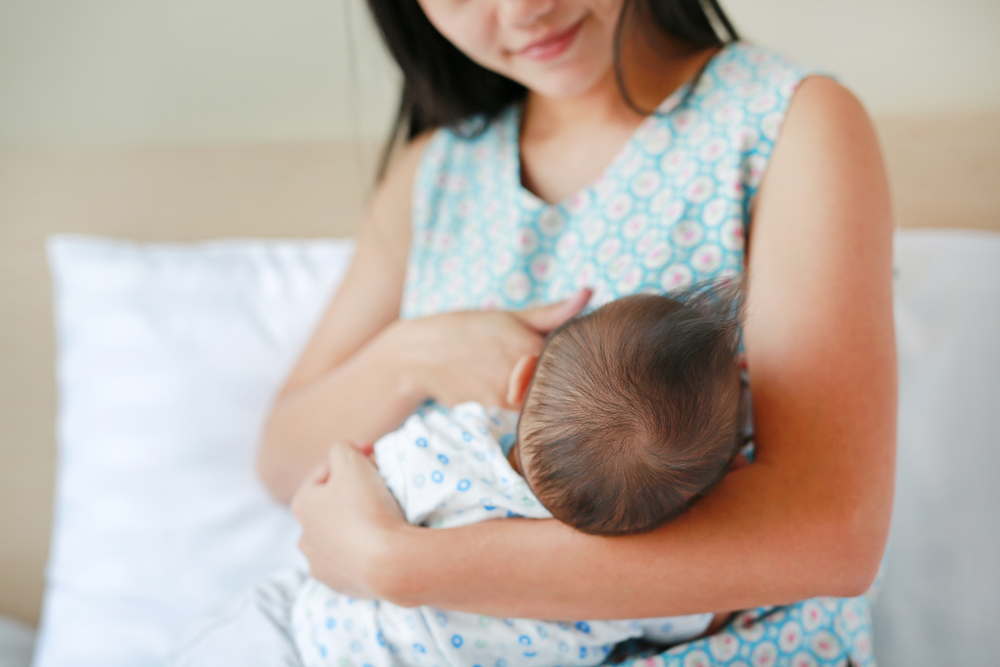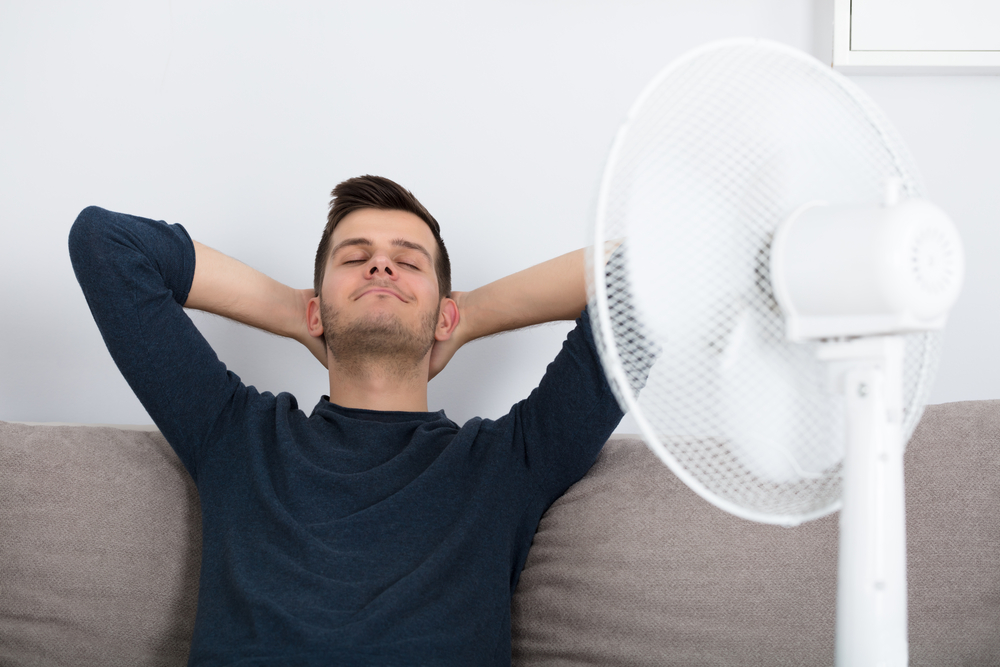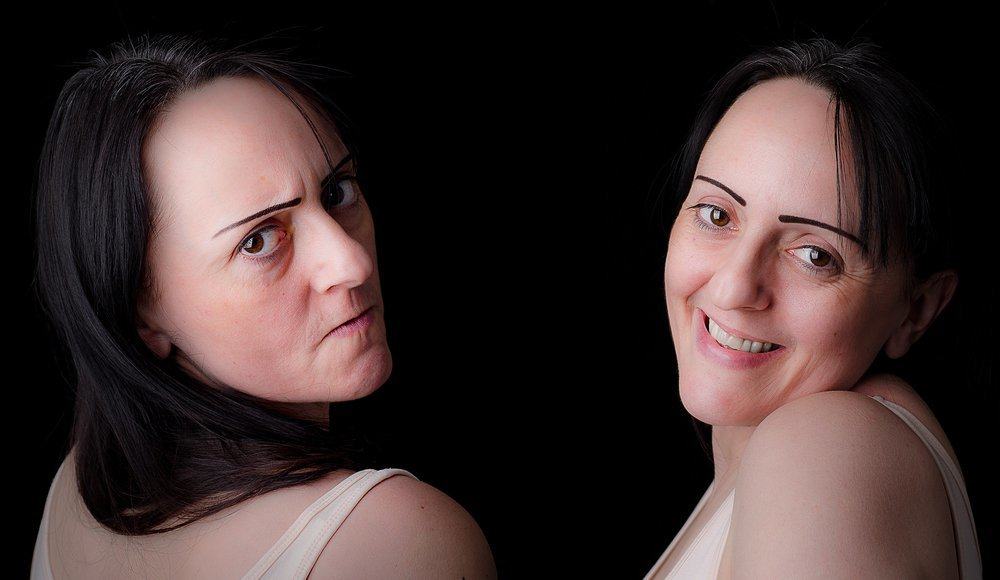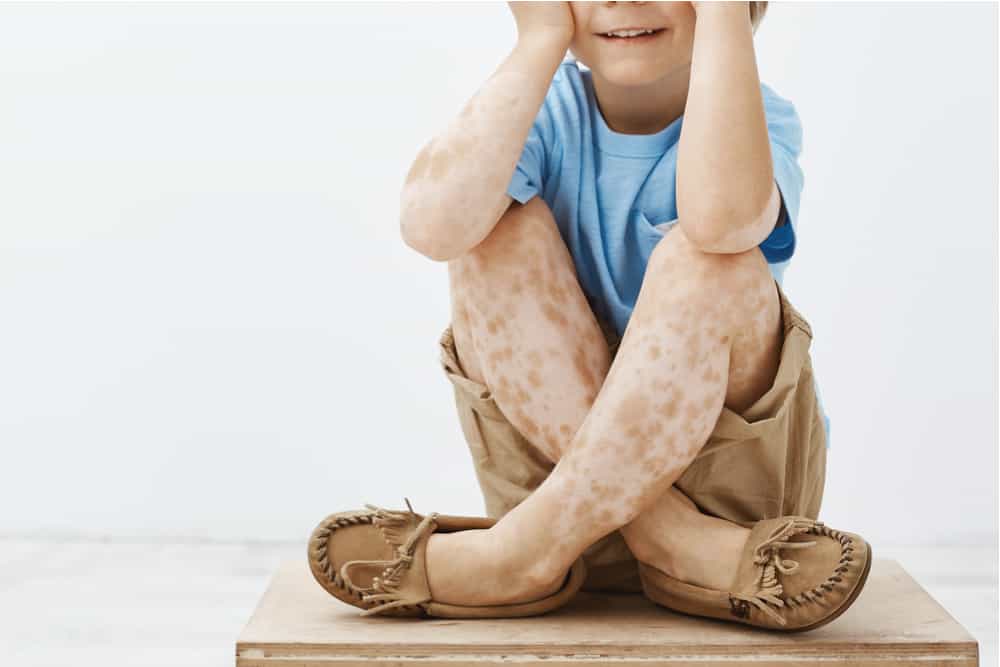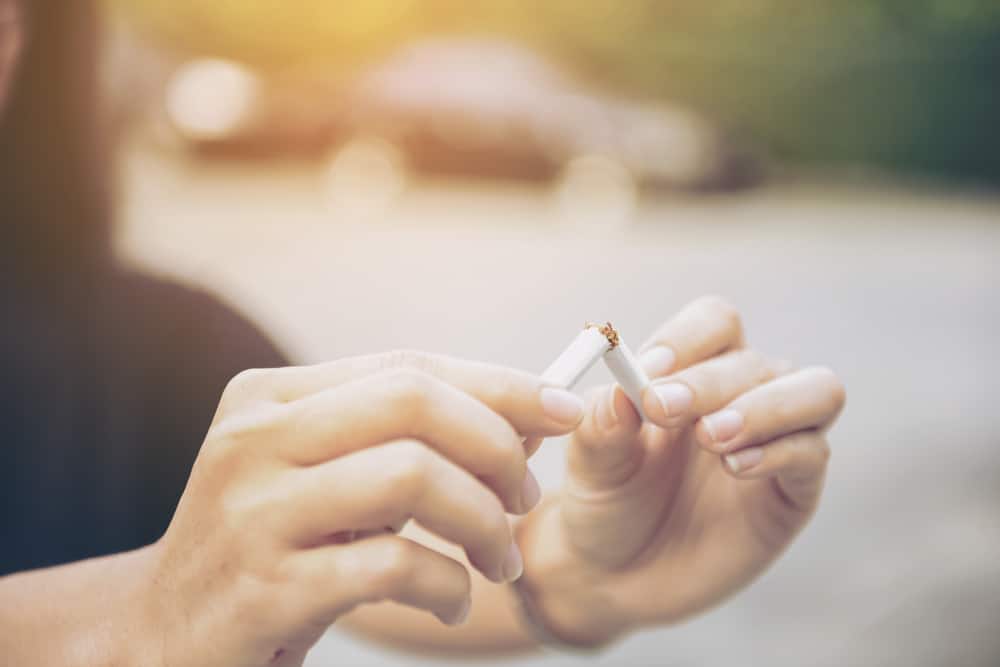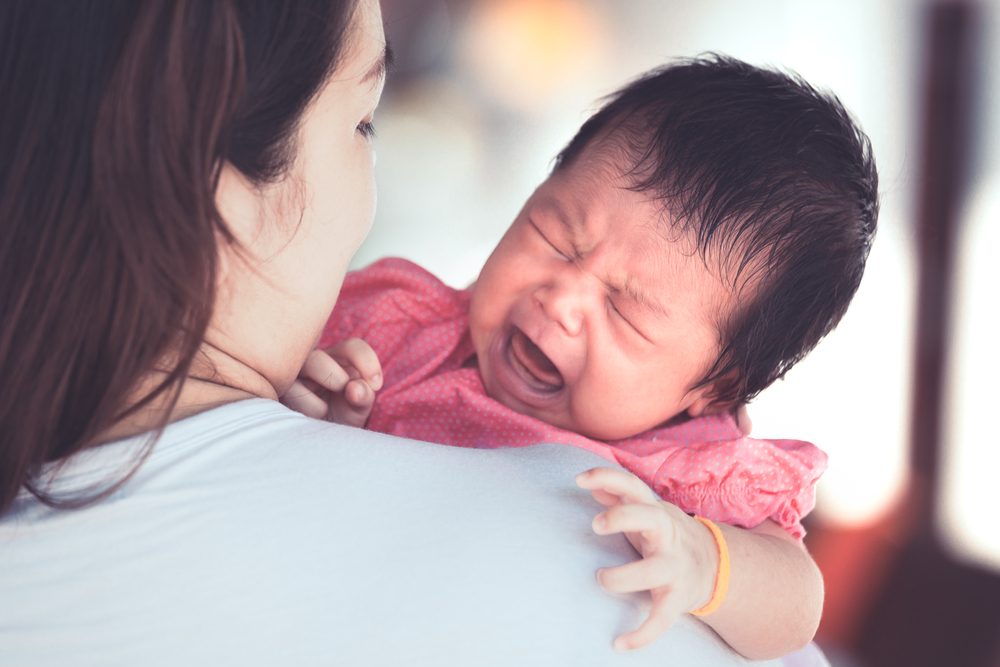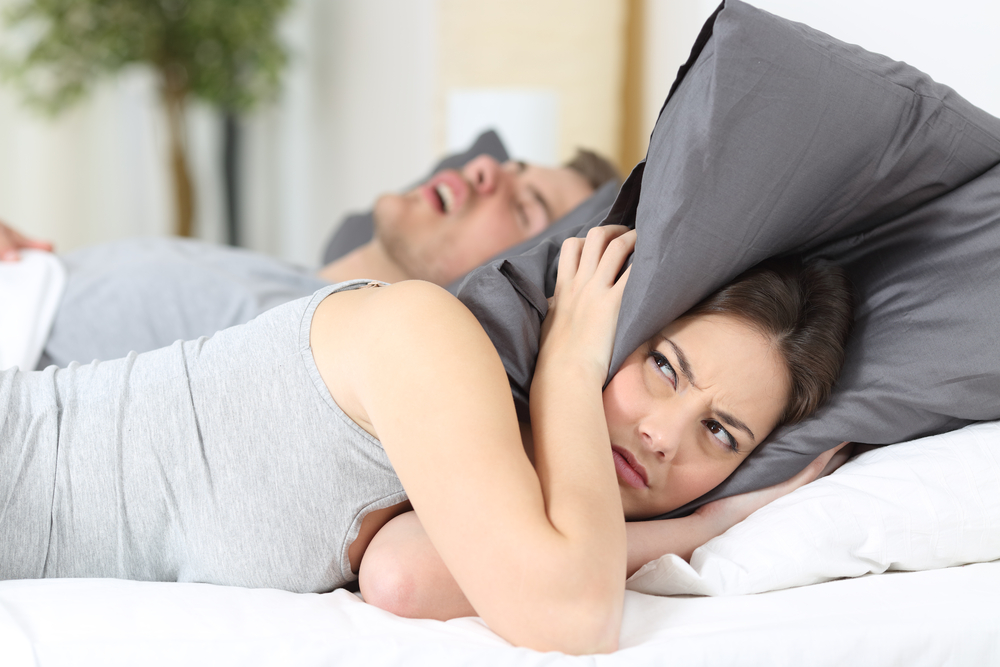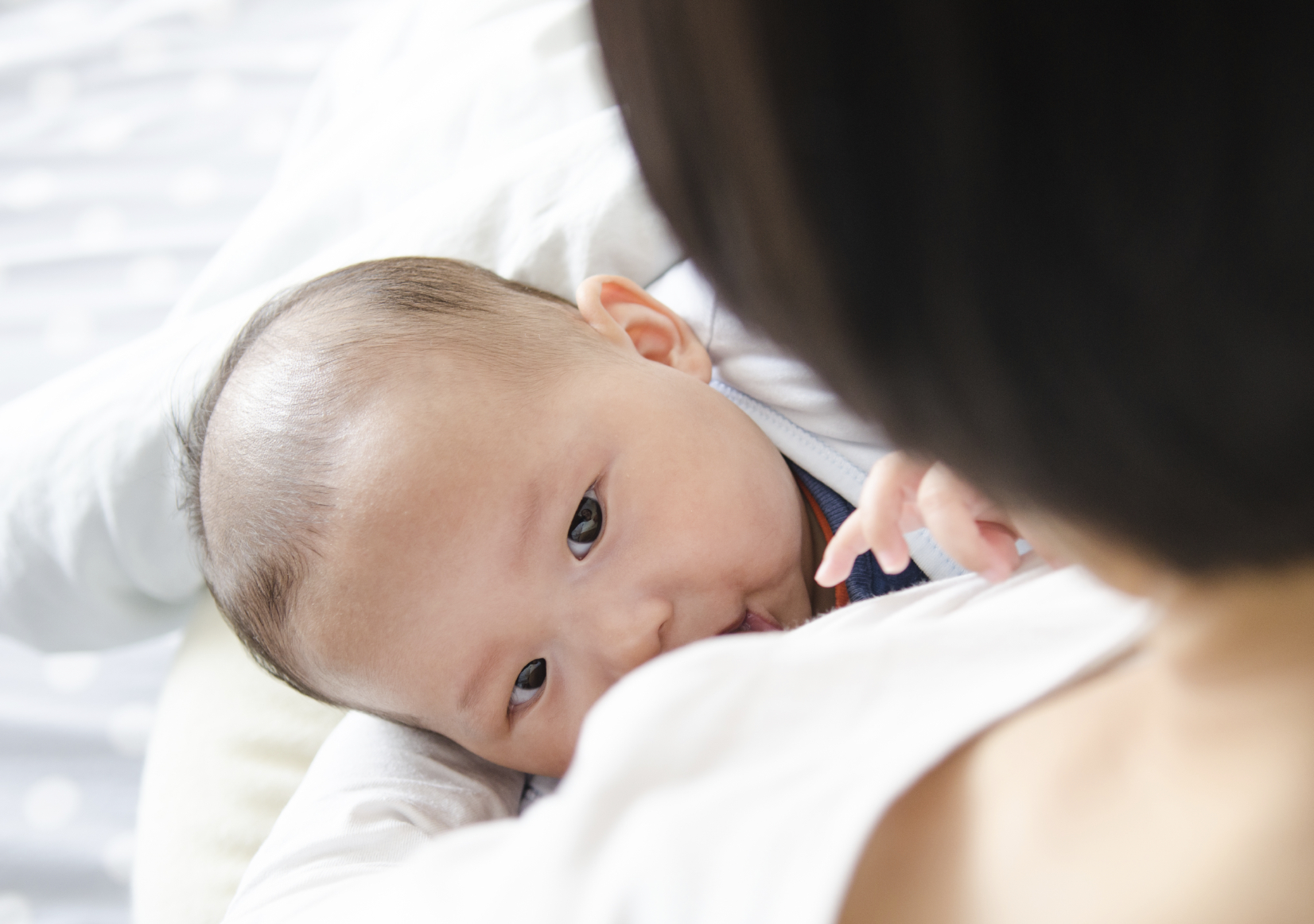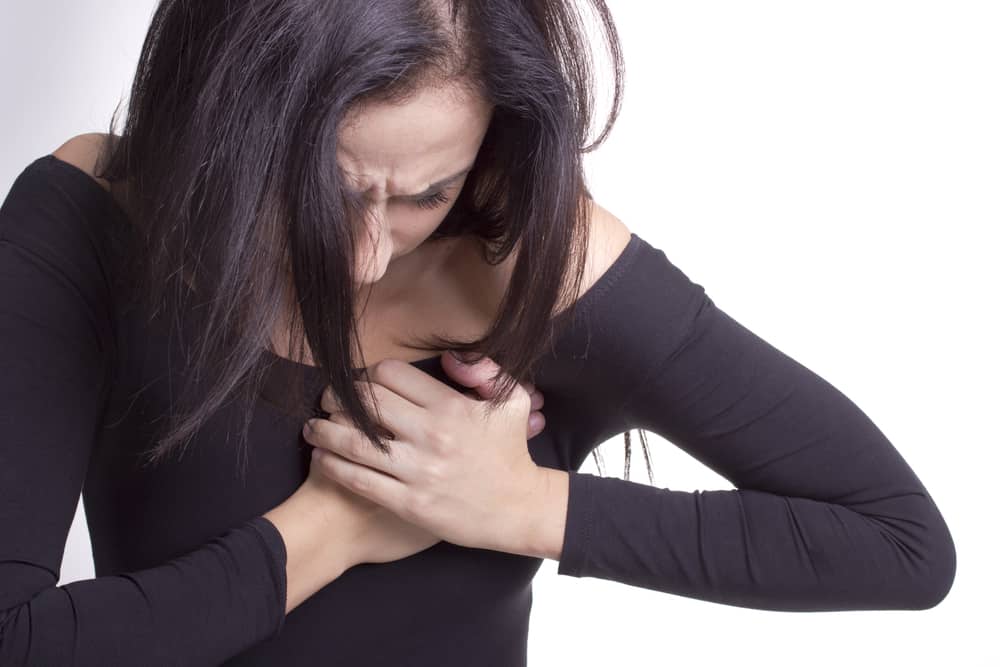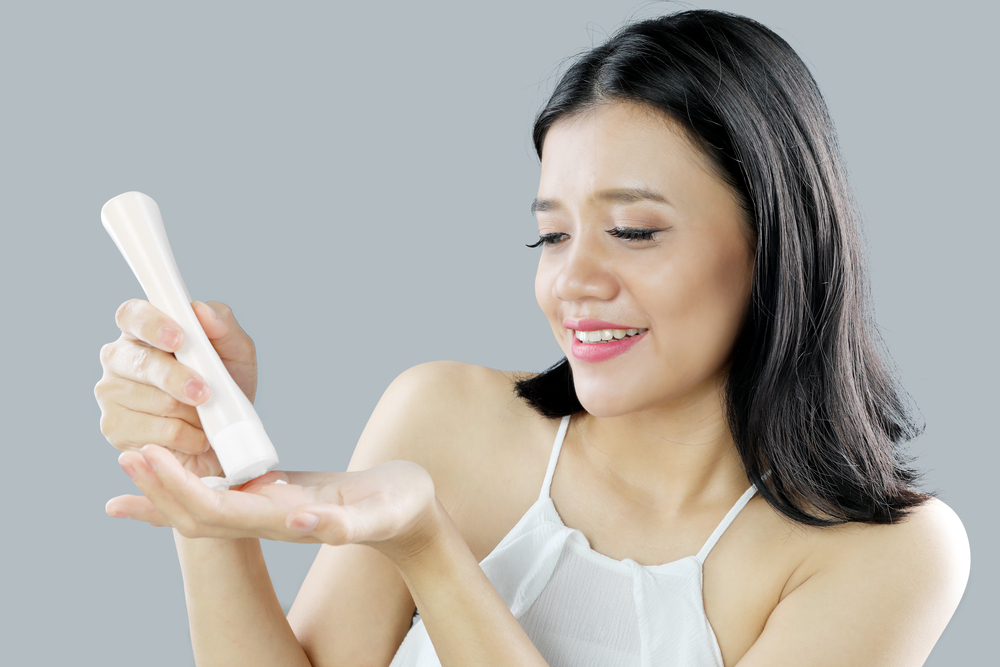Contents:
- Medical Video: Treating scalp psoriasis
- What's the difference between psoriasis and scabies?
- Judging from risk factors
- Psoriasis
- Scabies
- Judging from symptoms
- Psoriasis
- Scabies
- Judging from the method of treatment
- Psoriasis
- Scabies
Medical Video: Treating scalp psoriasis
There are many types of skin diseases, but the most common are psoriasis and scabies. Both of these diseases can attack anyone at all ages, genders, even lifestyles. Not only that, psoriasis and scabies also have the same symptoms, namely red skin and itching. Although it has many similarities, psoriasis and scabies are actually two completely different diseases. So what's the difference?
What's the difference between psoriasis and scabies?
Psoriasis is a chronic autoimmune skin disease that often results in drowning, aka recurrence. Psoriasis occurs because your immune system mistakenly attacks healthy skin cells, causing a buildup of skin cells that thicken on the surface of the skin. Psoriasis not an infectious disease. So touching the lesions of people who have psoriasis won't cause you to get this disease either.
WhileScabies, better known as scabies, is infectious skin disease caused by microscopic mites called Sarcoptes Scabiei. This infection begins when the mites enter the skin and multiply there. As a result, your skin will feel very itchy due to an allergic reaction. This disease can spread quickly through direct physical contact, various clothing or bed linen with infected people.
Judging from risk factors
Psoriasis
Psoriasis attacks people of all ages regardless of gender, ethnicity, or lifestyle. Some factors that can increase the risk of psoriasis include:
- Have a family history of psoriasis.
- Affected by a severe viral infection, such as HIV.
- Affected by a severe bacterial infection.
- Stressful.
- Smoke.
- Being overweight or obese.
Scabies
As with psoriasis, scabies can also affect people of all ages, income levels, social levels, and life situations. However, the risk of this disease will increase if you:
- Has a weak immune system, such as babies or the elderly.
- Experience prolonged direct skin contact with an infected person. However, the potential for transmission of scabies through handshakes or hugs is brief, including small.
- Having sexual relations with people who are infected.
- Share the same items, such as towels, bed sheets, or clothes with an infected person.
- Make direct contact with animals with scabies.
Judging from symptoms
Psoriasis
Signs and symptoms of psoriasis can vary in each person. Even so, generally people who have psoriasis have the following symptoms:
- The skin thickens and has an uneven texture.
- Red spots appear on the skin accompanied by silvery scales.
- Dry and cracked skin that can bleed.
- Itching, burning, or pain in the infected part of the skin.
- Having joint stiffness or swelling.
All parts of the nail can get psoriasis. But the scalp, face, elbows, hands, knees, feet, chest, lower back, nails, and buttocks are usually the most vulnerable to psoriasis.
Scabies
In many cases, signs and symptoms of scabies take several weeks after initial exposure. If you used to have a history of this disease, you may be at risk of relapsing more quickly around a few days after exposure. The following are some of the most common signs and symptoms of scabies including:
- Incredible itching, often gets worse at night.
- A reddish rash appears where it is infected.
- There are small pimples like lumps.
As with psoriasis, scabies can also develop anywhere in your body. However, this disease generally occurs more often there are folds of skin such as the armpits, knees, groin, buttocks, wrists, elbows, around the breasts, around the nipples, between fingers, and palms and feet.
Judging from the method of treatment
Psoriasis
Although psoriasis is not contagious, it cannot be cured. The treatment offered aims to reduce symptoms and improve the appearance of your skin. That is why, the treatment of psoriasis will depend on the type and severity of the psoriasis itself.
Treatment for mild to moderate psoriasis includes applying topical creams, lotions or ointments containing steriod or coal tar. Corticosteriod injections and ultraviolet (UV) light therapy can also be done.
In addition to the use of drugs, some simple habits such as maintaining skin hygiene, using moisturizers, and avoiding sun exposure can also be ways to help reduce inflammation (redness), skin crust, and itching due to psoriasis.
Scabies
To treat scabies, you should use a prescription medication. The doctor will prescribe a cream that you have to apply the medication throughout the body, from the neck down, and leave it for at least 8 hours. Although this drug kills mites quickly, itching may not completely disappear for several weeks.
The doctor may also order all family members and people closest to other patients to take the drug, even though they do not show signs of contracting scabies. This is done to prevent the spread of scabies to your family.

